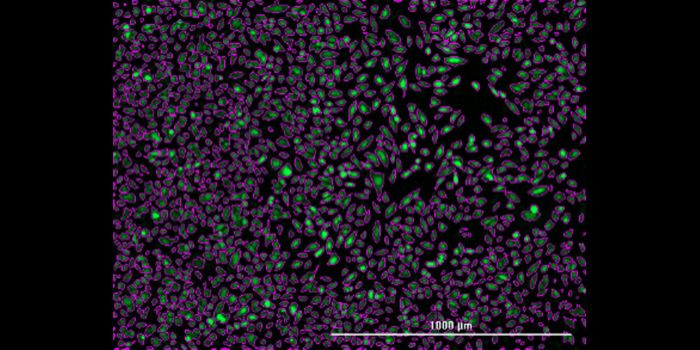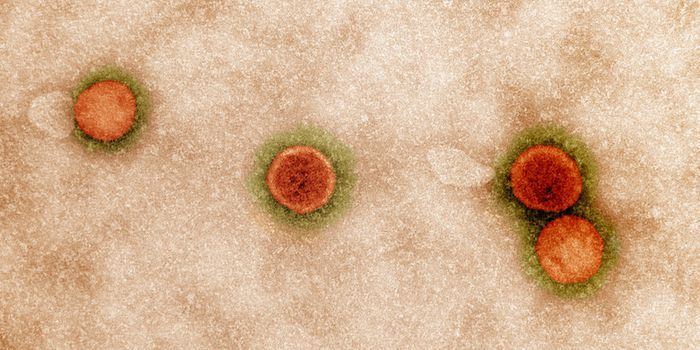Scientists Create a New Pain Drug Targeting an Immune Cell Enzyme
It's estimated that as much as ten percent of the world's population is dealing with chronic pain, and scientists have long been searching for effective, and non-addictive ways to relieve pain. This search has become even more important after the opioid crisis, in which strong painkillers were marketed to millions of people who became addicted, or died from overdoses. A non-opioid pain reliever could be life-changing for many people.
Scientists have now created a potential solution. The work has been reported in the Proceedings of the National Academy of Sciences (PNAS). The drug is still at the preclinical stage, but the researchers are hopeful that this could lead to a breakthrough.
In the human body, immune cells generate endocannabinoids, which are compounds that have a variety of functions, one of which is helping to regulate inflammation. Inflammation is a crucial process that helps the immune system fight infections and repair wounds, but when it arises at the wrong time or place, or the body fails to turn it down, disease and other serious problems, like pain, can arise. When the swelling that naturally occurs during inflammation presses on nerve endings, it can be very painful.
"When the endocannabinoids in our bodies cause inflammation, our nerves become sensitized. They react more rapidly with less stimulation than what is normally needed. This causes things that normally wouldn't hurt to suddenly become extremely painful, similar to how we feel when we have a bad sunburn," explained study co-author Aron Lichtman, PhD, a professor at Virginia Commonwealth University.
The research team determined that a molecule called KT109 can inhibit this inflammatory response, and it does so by disrupting an enzyme known as DAGLβ, which helps produce endocannabinoids in immune cells called primary macrophages.
"When you inhibit DAGLβ, your immune cells are tricked into thinking they are starving," said corresponding study author Ken Hsu, PhD, an associate professor at UT Austin, who developed the inhibitor as a postdoctoral fellow at The Scripps Research Institute in 2012.
Previous studies have shown that KT109 controls inflammation via endocannabinoids and prostaglandins. This research has linked to inflammation regulation through another pathway, which helps explain why it's good at pain relief.
When there are changes in how energy is used in the immune system, some signaling pathways might be turned off, which could be important to pain management. The diabetes drug metformin is one example, which has recently been shown to help relieve pain, noted Hsu.
Since the target of KT109 is DAGLβ, which is mostly found in immune cells, its impacts on other cells may be limited, potentially reducing side effects. It may also not work in the brain, the researchers noted, which means that it might not effect reward pathways that can lead to addiction.
"You're going to affect these pathways where it matters, where the inflammation is happening," Hsu said.
Now, more work will be necessary to ensure that the drug is safe and effective in people.
Sources: Virginia Commonwealth University, Proceedings of the National Academy of Sciences (PNAS)









